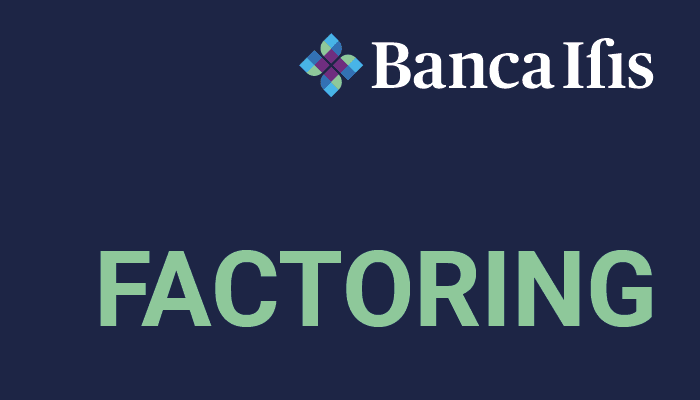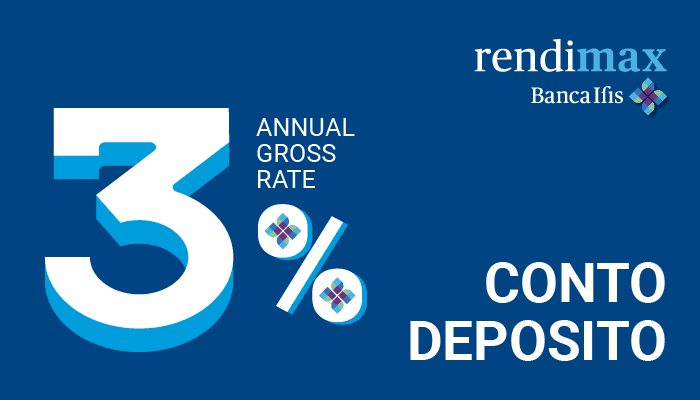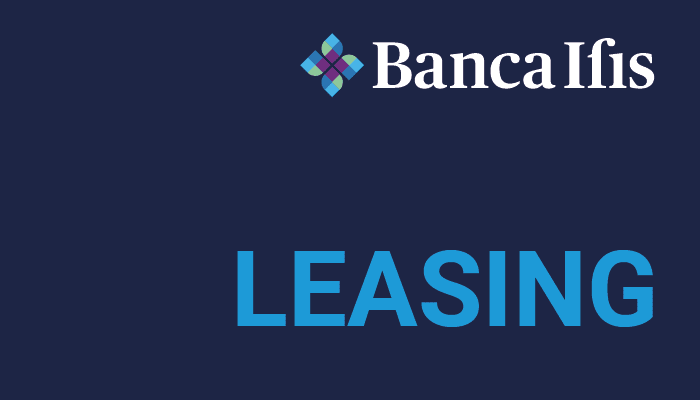- Saving Account
- Current Account
- Leasing
- Technology Rental Ifis Rental Services
- Salary-backed Loan Capitalfin
- Business Plan 2022-2024
- Financial Performance and Presentations
- Financial Calendar
- Press releases
- Strategy and Strengths
- Ratings and debt programmes
- Share Information
-
FACTORING & SUPPLY CHAIN
- Factoring - Trade receivables
- Tax Receivables Purchasing
- Supply Chain Finance
-
LOANS
- Medium and long-term loans
-
LEASING & RENTAL
- Leasing
- Rental Ifis Rental Services
-
CORPORATE & INVESTMENT BANKING
- Financial Advisory/M&A
- Structured Finance
- Equity Investment
-
INTERNATIONAL
- Factoring import/export
- Import/export loans
- Other foreign banking services
-
BANKING SERVICES
- Current Account
- Time Deposit
-
OTHER SERVICES
- Insurance
-

Highlight Find out more
- Mission, Vision and Values
- Our Story
- Management
- Bank’s Business Model
- Presence in Italy and abroad
- Structure of the Group
- Awards and acknowledgments
- Digital Transformation
-
Companies of the Banca Ifis Group
- Banca Ifis
- Banca Credifarma
- Cap.Ital.Fin.
-
- Ifis Npl Investing
- Ifis Npl Servicing
-
- Ifis Rental Services
- Ifis Finance I.F.N. S.A.
- Ifis Finance Sp. Z o.o.
-
BUSINESS AREAS OF THE GROUP
- Services for businesses and individuals
- Purchase and management of non-performing loans
- Corporate Governance at-a-glance
- Corporate Bodies
- Shareholders’ meeting
- Internal control system and risk management
- Auditing
- Shareholders
- Internal Dealing
- Remuneration
- The Value of Ethics
- Reports and Documents
-
IMPACT
- The Ecosystem of Cycling
- Ifis sport
- Market Watch
-
BUSINESS
- PMIheroes
- What our experts say
- Vacancies
- Who we are looking for
- Experience gained
- Recruitment process
- Get to know Banca Ifis
- General application




